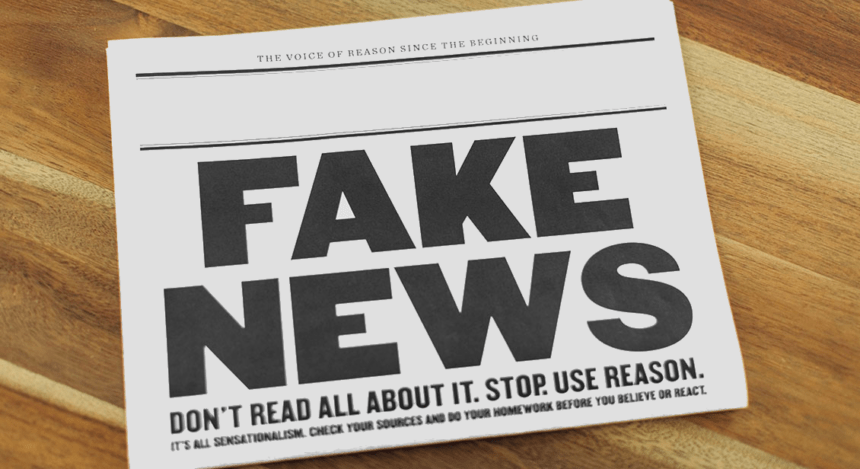adverts
A new study has revealed that 64.4% of Ghanaians take no action when they encounter fake news in the media, raising alarms about the spread of disinformation ahead of Ghana’s 2024 General Election.
The findings, published in the Disinformation Status Report of Ghana by the African Centre for Quality Journalism and Research (ACQJR), are based on a nationwide survey conducted from October to November 2024, involving 2,000 participants.
Key Findings
adverts
- Inaction on Fake News: While 89.2% of respondents admitted to encountering fake news, only 35.6% commented under false stories, 19.7% reported them, and 7.6% shared them with friends. The majority—64.4%—did nothing.
- Detecting Disinformation: To verify fake news, 68.2% relied on credible websites, 19.7% conducted Google searches, 6.8% sought advice from friends, and 5.3% admitted uncertainty.
- Trusted Information Sources: Television ranked as the most trusted source (37.4%), followed by online news websites (26.7%) and social media (26%). Newspapers garnered 6.1% trust, while family and friends accounted for 3.1%. Radio ranked lowest, trusted by just 0.8% of respondents.
The study found that 71.2% of respondents were male, 28% female, and 0.8% declined to disclose their gender. Among participants, 94.6% were registered voters, with 11.4% being first-time voters.
According to the ACQJR, the survey was conducted to evaluate the impact of disinformation on the upcoming elections, assess Ghanaians’ ability to detect fake news, and propose strategies to combat its spread.
The report highlights the urgent need for public education and digital literacy initiatives to address the growing threat of disinformation. ACQJR emphasised the critical role of citizens in identifying and challenging fake news to preserve the integrity of Ghana’s democratic processes.
“This study underscores the vulnerability of Ghana’s media landscape to disinformation campaigns and highlights the importance of fostering critical thinking among the electorate,” the report stated.
The ACQJR, a non-profit think tank, aims to advance quality journalism and public accountability across Africa through data-driven research and digital innovation.


